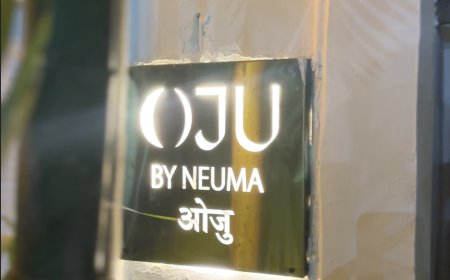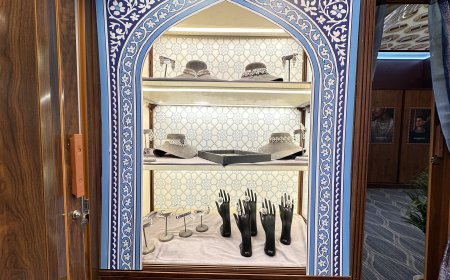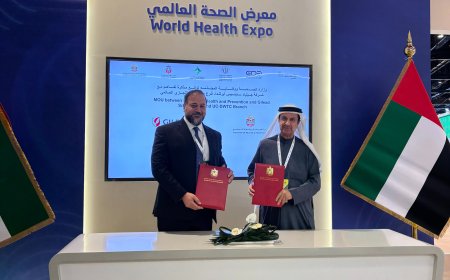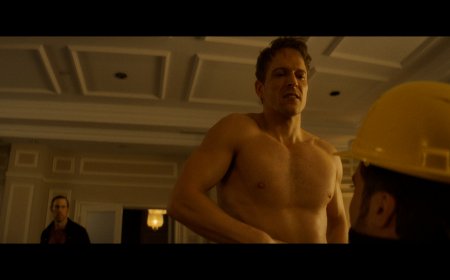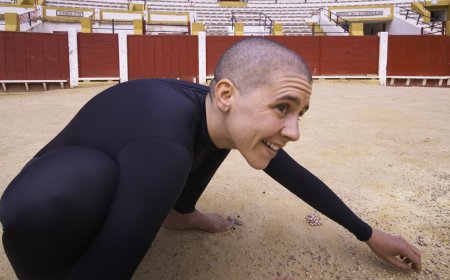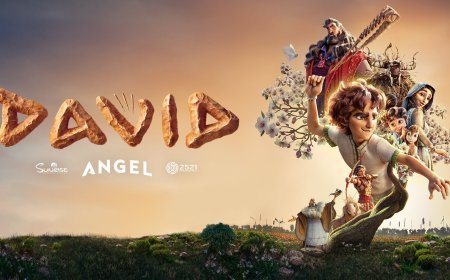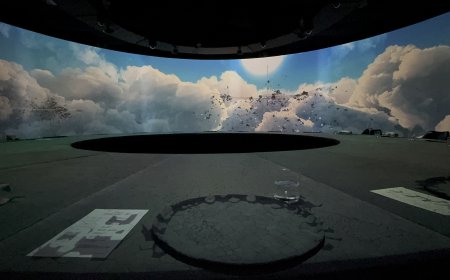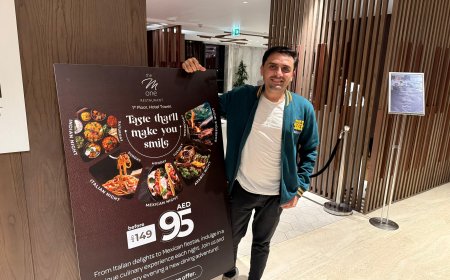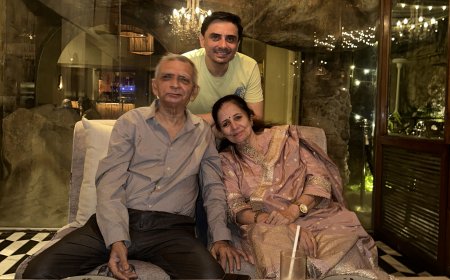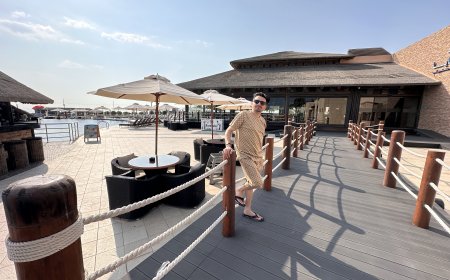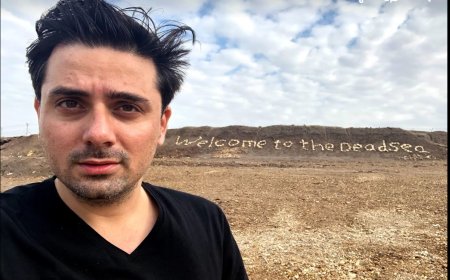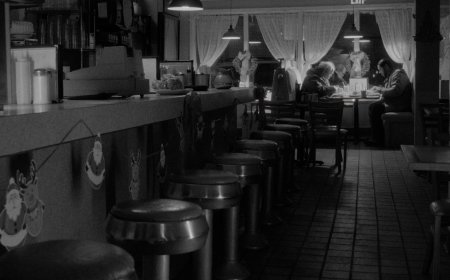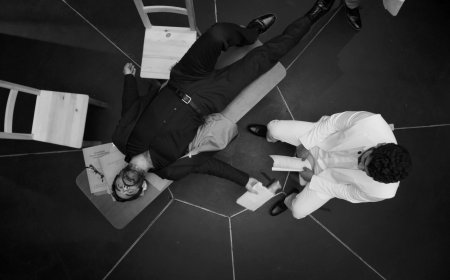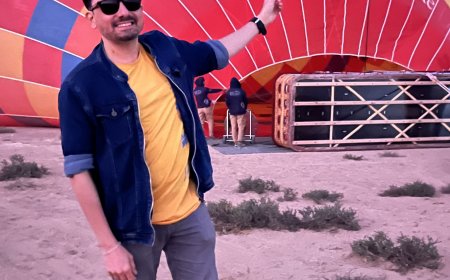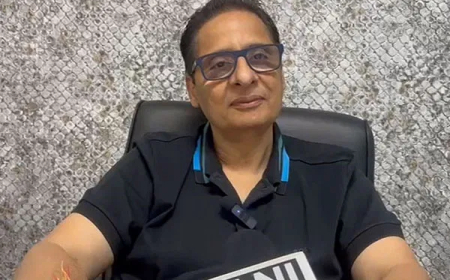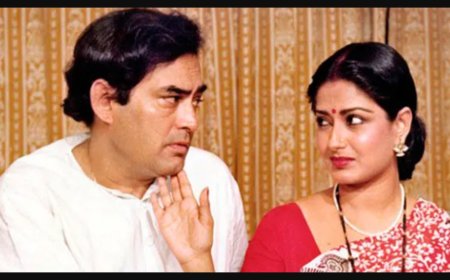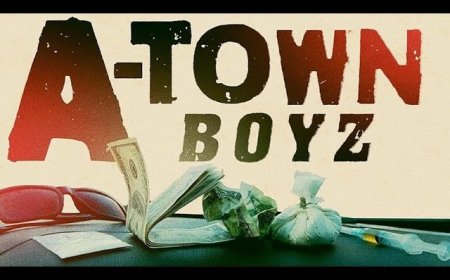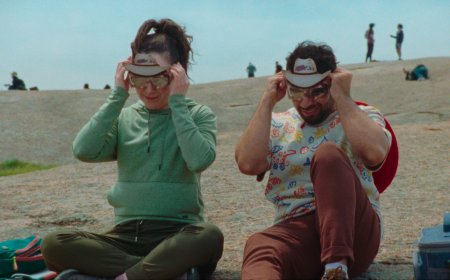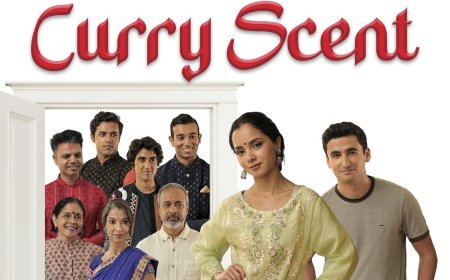A Review of ‘The Last Keeper’: A startling tribute to the managers of Scotland’s endangered hunting estates
An examination of the paradoxes in environmental, cultural and economic conservation of the Scottish highlands and the central role of the gaming-estate keepers.
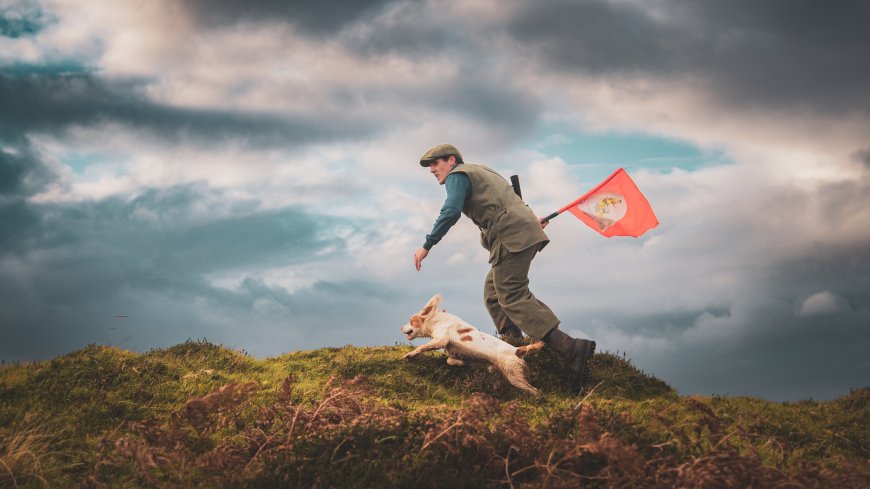
‘The Last Keeper’: A startling tribute to the managers of Scotland’s endangered hunting estates
Cast: Alex Jenkins, Scott McKenzie, David Balharry, Peter Cairns, Nigel Fraser, Andy Wightman, Peter Fraser, Robbie Rowantree, Megan Rowland, Mary Jenkins, Michelle Nichols, Patrick Laurie, Helen Benson, Dr. James Fenton, Honorable Charles Pearson, Rory Kennedy, Dee Ward, Marlies Nicholai, Pam Blackhall, Tom Kitchin, Dr. Kathy Fletcher, Neil MacIntyre, Ed Jaundrel, Dr. Catherine Barlow, Ray MacKay, Allan Wright, Jean-Pierre Daeschler, Duncan Allison, Toby Fitcher-Irvine, Sandy Mathers, Bruce Boyd, Gareth Moffatt, Phoebe Haigh, Orla MacKenzie, Ishbel MacKenzie, Christian Nissen, Victor Clements, Michael Ross, Derek Cadler
Critic’s Rating: 4 Stars out of 5
Director: Thomas Opre
Duration: 1 hour, 30 minutes
Genre: Documentary
Language: English
Release: 2024
What’s it about?
An examination of the paradoxes in environmental, cultural and economic conservation of the Scottish highlands and the central role of the gaming-estate keepers.
Review:
In an era where managing natural resources and protecting the environment is crucial for the survival of humans, animals and plants, here is a relevant and enlightening documentary which studies Scotland’s endangered highlands. Director Tom Opre tirelessly explores the wildlife and people of the region in an attempt to unearth the issues plaguing it. In so doing, he also highlights the indispensable role that the game-keepers play in maintaining the sprawling and ecologically-diverse hunting estates. The curious filmmaker elucidates the complexity of problems in sustaining the varying Scottish landscape. He finds that these involve conservation groups and political activists at loggerheads with rural land-owners and of course, the keepers.
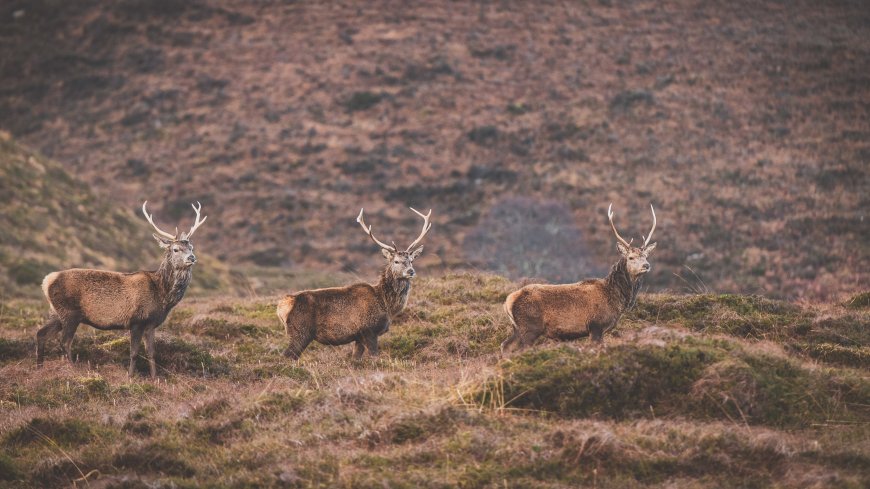
Opre begins this journey of discovery by having comedian and historian Bruce Fummey shed light on Scotland’s vigorous history - from tribal clans, to invading kingdoms, to landowners, to displacement of tenants, to the introduction of sheep, to the influx of English nobility as hunters and finally, the industrial revolution which turned most of Scotland’s rural population into exploited factory workers. Now, this northern territory of the United Kingdom finds itself in a dilemma. How does it protect its wildlife from licenced hunters while also allowing the former’s timely and periodic “culling” in order to preserve the topography?
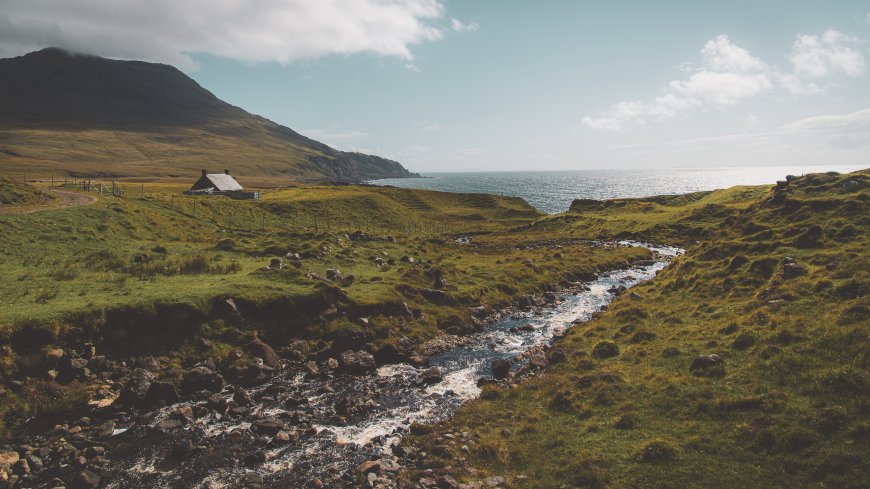
Opre comes to realise the Scottish environmental and cultural quagmire by interviewing numerous locals. These include prolific author Andy Wightman; executive film director Peter Cairns; tree-growing activist Nigel Fraser; conservation trust CEO David Balharry; eagle-rearing project manager Catherine Barlow; land-reform politician Charles Pearson; innovative land-owner Dee Ward; venison processor and distributor Christian Nissen; and game-keeper Alex Jenkins. But that’s not all! The interviewer turns his mic on for several other respondents as well. The result: a large volume of informed views and hard facts.
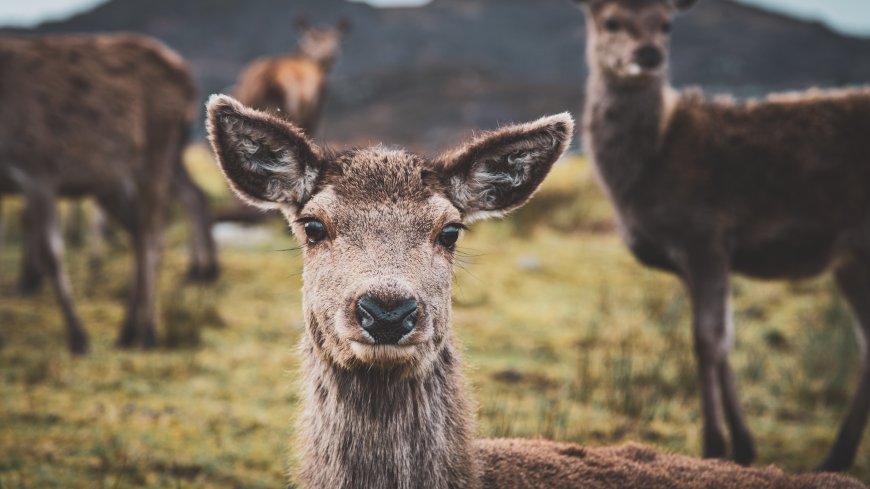
At the crux of the debate is whether “rewilding” (i.e. reproduction) of game like grouse and the Red Deer be allowed unabated or whether the multiplication of these animals be monitored and restricted. Also, what is the impact that the action or inaction will have on the rest of the animals and plants in the estates? After all, overgrazing or the lack of predators have their own egregious downsides. Furthermore, there are whole industries in Scotland that survive around tourism and gaming. These include everything from tailoring attire for hunters, to providing hunting equipment, to restaurants serving the shot birds, to of course, the pivotal livelihood of the game-keepers.
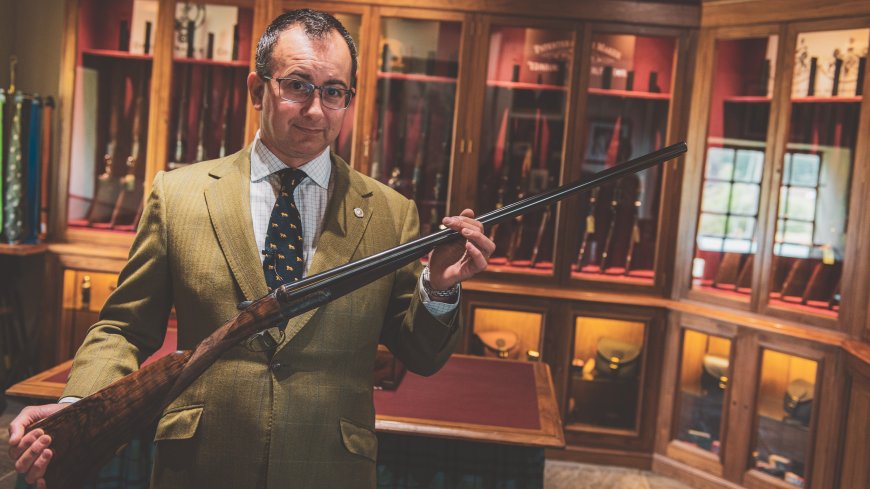
All these stakeholders make the arriving at a mutually-beneficial model mind-boggling. But no impossible. What is unfolding presently is a Catch-22 where idealistic endeavours aren’t gelling with ground realities, plunging Scotland’s composite economy into peril. This quandary is exposed in the practice of companies offsetting their carbon footprints by growing trees where it is not beneficial to the mismanagement of animal and bird populations. However, hope is uncovered in the form of a potentially effective ecological model pursued by landowner Dee Ward. Also, foreigners like to retreat to the picturesque Scottish countryside while conducting their business through the magic of broadband internet.
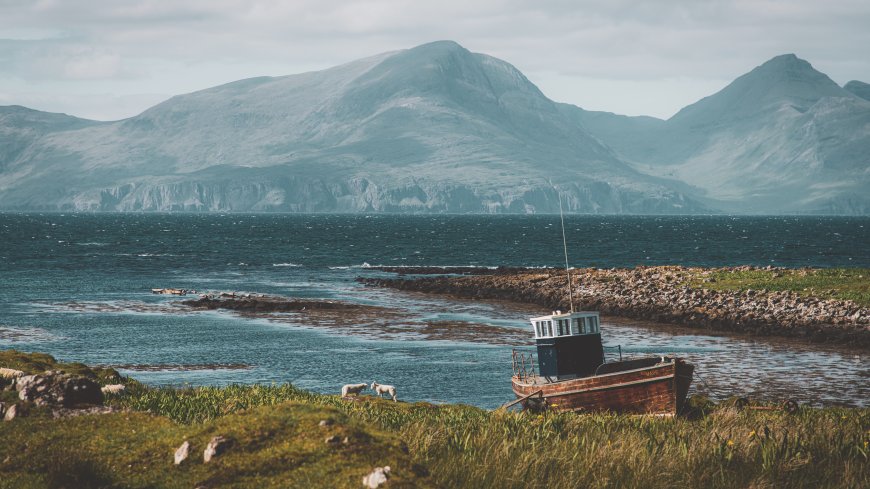
In conclusion, it must be said that Opre has crafted a compelling and eye-opening study that can be used as the basis of exploring other imperilled corners of the world. In so doing, this ambitious filmmaker stirs up the desire for agency and recourse - where economies can co-exist with the natural environment. This film is also a triumph of cinematography which captures the expansive splendour of varied nature and the threats to it. Furthermore, the editing is crisp, textured and tight with voice and image well interwoven.
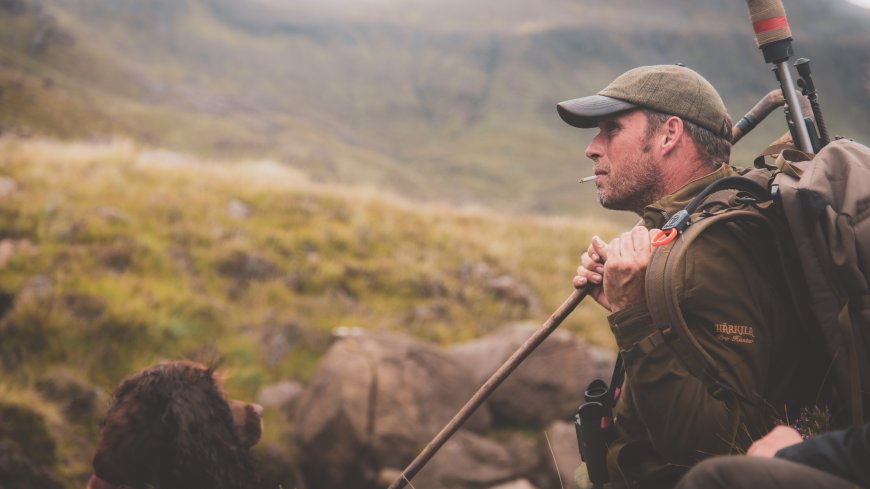
Plus, the cinematic music is subtle and appropriately placed, while Opre’s articulate and literary interludes are timely and serve as fitting segues from one theme to another. The film’s only flaw is its bombardment of sound bytes which could have been punctuated with more visuals and some graphics, perhaps. Also, there is an occasional repetition of subject and information. However, these are minor grouses about a project that exudes tremendous scope and truth, auditory insight and visual gravitas. The Last Keeper could signify the wounded Earth’s first step toward healing.
